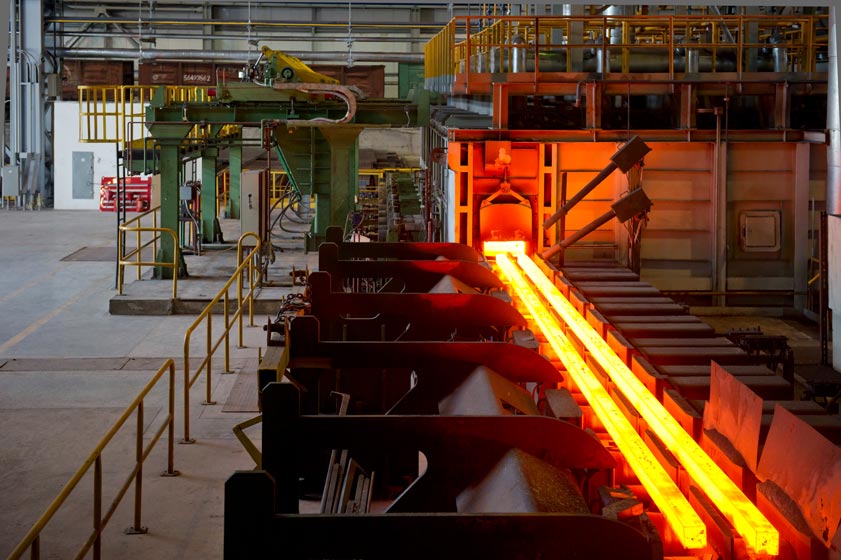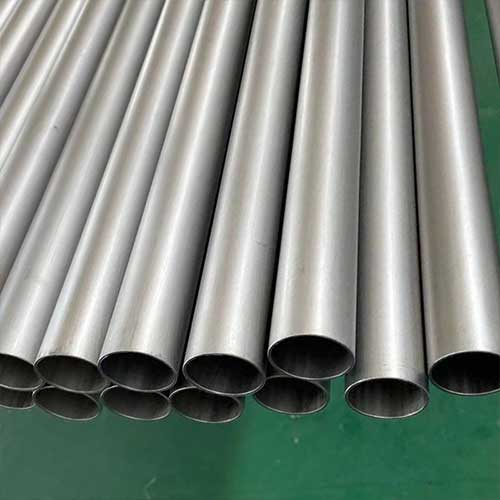Welcome to My Blog!
Before we dive into the content, I’d love for you to join me on my social media platforms where I share more insights, engage with the community, and post updates. Here’s how you can connect with me:
Facebook:https://www.facebook.com/profile.php?id=61565500692293
Now, let’s get started on our journey together. I hope you find the content here insightful, engaging, and valuable.
Table of Contents
Introduction
When it comes to industrial piping systems, alloy steel pipe material stands out as one of the most reliable and performance-driven choices. From construction projects to petrochemical plants, alloy steel pipes are widely used due to their strength, durability, and resistance to extreme conditions. If you’re looking for an efficient, long-lasting solution for high-pressure or high-temperature environments, understanding alloy steel material is essential.
This guide is designed to walk you through the fundamentals and applications of alloy steel pipes so you can make informed decisions for your business or project. Whether you’re exploring options for pipelines, boilers, or oil and gas transmission, this article will help you get a comprehensive grasp of what alloy steel pipe material is all about.

What Is Alloy Steel Pipe Material?
Alloy steel pipe material is made by combining carbon steel with various alloying elements such as chromium, molybdenum, nickel, or vanadium. These additional elements enhance specific properties of the steel, including corrosion resistance, mechanical strength, and thermal stability.
There are two main categories of alloy steel used in piping:
- Low alloy steel: Contains a small percentage of alloying elements, usually less than 5%
- High alloy steel: Contains a higher percentage, sometimes above 10%, particularly for applications demanding exceptional heat or corrosion resistance
The composition of the alloy determines its usage. For instance, adding chromium improves oxidation resistance, while molybdenum increases strength at high temperatures. These qualities make alloy steel pipe material suitable for power generation, chemical processing, and pressure vessel manufacturing.
Key Properties and Advantages of Alloy Steel Pipe Material

Understanding the unique features of alloy steel pipe material is crucial when deciding on the best solution for your operation. Below are several advantages that make it a preferred material across industries:
High Strength and Durability
Alloy steel pipes offer superior tensile strength, making them ideal for applications where pipes must withstand significant internal pressure or heavy external loads.
Excellent Resistance to Heat and Corrosion
Thanks to elements like chromium and molybdenum, alloy steel pipes maintain performance in high-temperature environments and resist scaling, rusting, and corrosion over time.
Longevity and Low Maintenance
Because of their inherent resistance to wear and degradation, alloy steel pipes typically last longer and require less maintenance, reducing overall life-cycle costs.
Versatility Across Applications
These pipes are compatible with welding and forming processes, allowing them to be tailored to complex designs and industrial requirements.
Cost-Effective for Demanding Environments
Though more expensive than carbon steel, the extended service life and reliability of alloy steel make it a cost-efficient choice for challenging conditions.
Common Applications of Alloy Steel Pipe Material
Alloy steel pipes are used in a wide range of industries. Below is a table summarizing some key application areas and the reasons why alloy steel material is preferred in each:
| Application Industry | Use Case | Why Alloy Steel Pipe Material |
|---|---|---|
| Power Plants | Steam pipelines and boilers | High-temperature resistance |
| Petrochemical Plants | Transmission of corrosive fluids | Corrosion resistance and strength |
| Oil and Gas Industry | Subsea and offshore pipelines | Toughness under pressure and variable temps |
| Mechanical Engineering | Pressure vessels and heat exchangers | Excellent mechanical and thermal properties |
| Construction & Infrastructure | Structural supports and water lines | Longevity and load-bearing capability |
The widespread use of alloy steel pipe material in such high-demand environments demonstrates its performance-driven qualities and industrial value.
How to Select the Right Alloy Steel Pipe Material

Choosing the correct alloy composition depends on several factors:
- Operating Environment: Will the pipes be exposed to high heat, pressure, or corrosive chemicals?
- Mechanical Load Requirements: Do the pipes need to bear heavy structural loads or fluid pressures?
- Standards and Specifications: Are there industry codes (like ASTM or ASME) that must be followed?
- Welding and Fabrication Needs: Will the material need to undergo welding, bending, or other forming processes?
Consulting with experienced suppliers or engineers can ensure you match the right material grade to your specific application. For example, Grade P91 alloy steel is common in high-pressure boilers due to its excellent thermal creep strength.
Conclusion
If you’re seeking a reliable solution for systems that face extreme conditions, alloy steel pipe material offers both strength and endurance. It’s a choice backed by proven performance in power, oil, gas, and manufacturing sectors. While the initial cost may be higher than some alternatives, its resilience and minimal maintenance often translate to long-term savings.
Understanding your operational needs and matching them with the right alloy properties can significantly enhance your system’s efficiency, reliability, and lifespan.
We invite you to contact us for detailed guidance, tailored recommendations, or to explore our wide selection of alloy steel materials. Let our expertise help you make a confident decision for your next project.
FAQ
What is alloy steel pipe material made of?
Alloy steel pipe material consists of carbon steel with added alloying elements like chromium, molybdenum, and nickel to improve strength, corrosion resistance, and high-temperature performance.
Where is alloy steel pipe material typically used?
It is widely used in industries like power generation, oil and gas, chemical processing, and construction due to its ability to withstand harsh environments and high stress.
Is alloy steel pipe material suitable for welding?
Yes, most alloy steel pipes are designed to be weldable. However, proper welding techniques and post-weld heat treatments may be required depending on the alloy composition.
How long does alloy steel pipe material typically last?
With proper maintenance and under ideal operating conditions, alloy steel pipes can last for decades. Their resistance to corrosion and fatigue significantly extends their service life compared to non-alloy alternatives.
What are the advantages of choosing alloy steel pipe material over carbon steel?
Alloy steel pipes provide enhanced strength, temperature resistance, and durability, making them more suitable for demanding applications. While they may come at a higher upfront cost, the long-term performance benefits often outweigh the initial investment.

